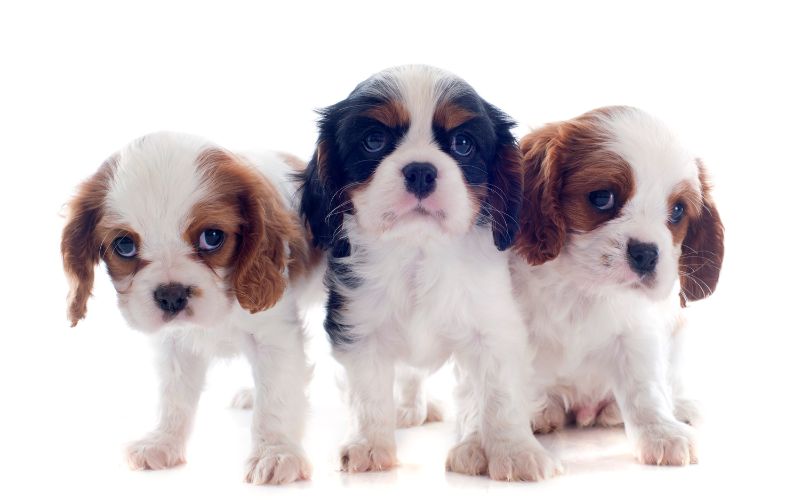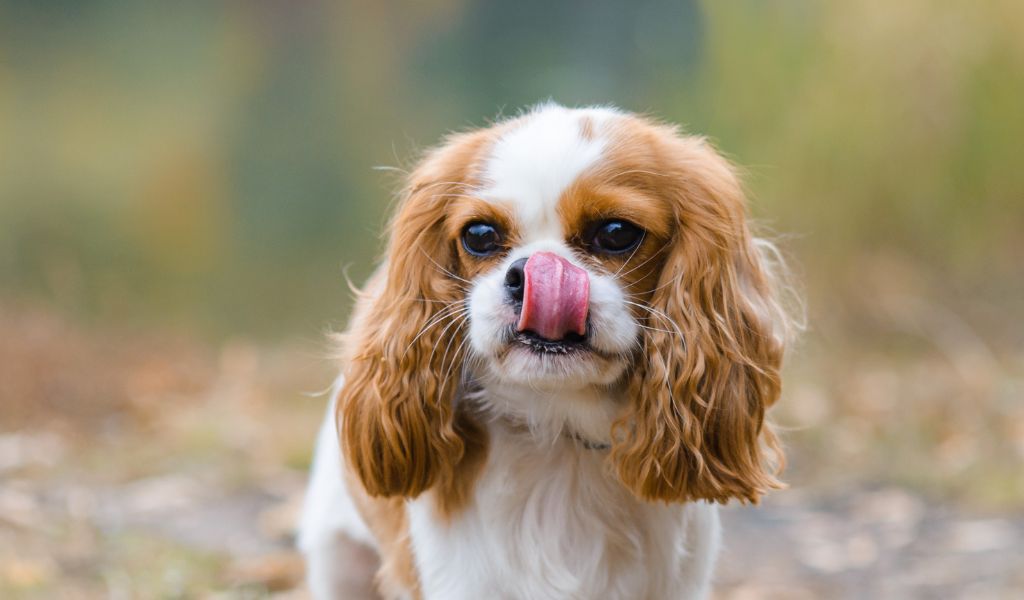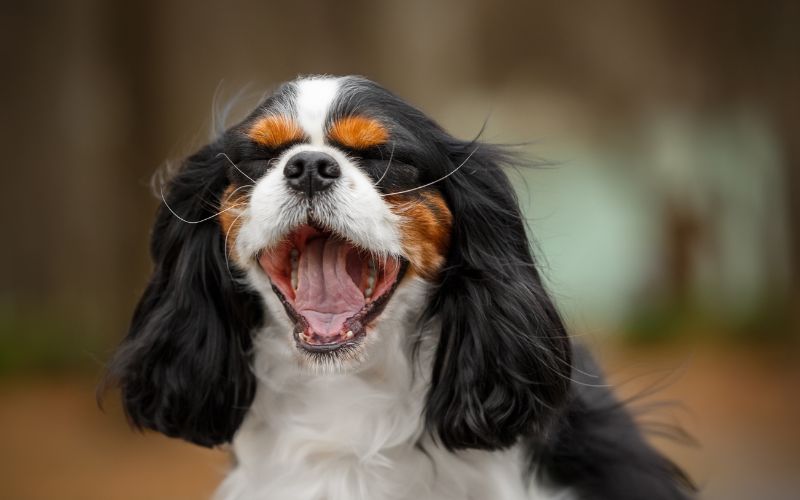If you’re considering a Cavalier King Charles spaniel as your next pet, you may be wondering if they are easy to train.
While every dog is different, Cavalier King Charles spaniels are known for being intelligent and responsive to training.
Cavalier King Charles spaniels are often considered easy to train, as they are intelligent dogs who respond well to positive reinforcement. Like all dogs, early socialization and training is important for a Cavalier King Charles spaniel and with patience and consistency, most Cavaliers will quickly learn the commands they are taught.
Tips for training a Cavalier King Charles
Some tips for training a Cavalier King Charles spaniel include:
Use positive reinforcement such as treats, praise, or petting to reward good behaviour.
Be consistent with commands and rewards.
Avoid using punishment or negative reinforcement, as this can damage the relationship between you and your dog.
Start with basic obedience training and gradually move on to more complex commands.
Take your time, as training should be a fun and positive experience for both you and your dog.
Start with good habits early on
While your Cavalier is still a puppy you should help him to develop some good habits.
These are simple little things such as:
Sitting down when you ask him to
All of these little exercises can be introduced in a playful and enjoyable manner, often at mealtimes and you should always reward your puppy when he gets them right.

Socialisation is also key
It is vital for your Cavalier to get out and meet the big wide world as soon as it is safe to take him outdoors.
Meeting other people, children, dogs and other animals is vital to his personal development and these experiences will help him to develop into a well rounded, clever adult dog.
Take him to different places, with different smells, places such as woodland, moors, the beach, local town – in fact anywhere where he can see, smell, hear and experience different environments.
Training should always be fun
Never forget that your Cavalier wants to please you, so make sure that he associates training with having fun.
If you are stressed or angry then your dog will quickly become the same and this type of environment is not conducive to successful learning.
Always end a session on a positive note, with your dog having achieved something, no matter how small and make sure he knows that he has pleased you.

Take your time
You will not achieve everything in one day, so be patient and take baby steps.
One of the worst things you can do is to try and rush things, as this will only lead to frustration on both your parts.
Break down each exercise into manageable chunks and always praise your Cavalier when he gets it right, even if it is just a small thing.
If it isn’t working have a break
If at any point you feel that things are not going well, or your Cavalier is becoming stressed, then have a break.
Do something else or take a break from training for a few days.
It is always better to come back to something later with a fresh perspective than to force the issue and risk damaging your relationship with your dog.
Keep training interesting for your Cavalier
Just like people, dogs can get bored too.
So it is important to keep things fresh and interesting for your Cavalier or he will quickly lose concentration.
One way to do this is to vary the locations where you train, another is to introduce new commands gradually and always make sure there are plenty of rewards on offer for a job well done.
In a nutshell
The most important things to remember when training your Cavalier are:
Be consistent with commands and rewards
Avoid using punishment or negative reinforcement
Start with basic obedience training and gradually move on to more complex commands
Take your time, as training should be a fun and positive experience for both you and your dog
Socialisation is key to your Cavalier’s development, so get him out and about as soon as it is safe to do so
Always end each training session on a positive note
If things are not going well, have a break and come back to it later with fresh eyes.
Final Words
Training your Cavalier should be a fun and rewarding experience for both you and your dog.
Remember to always make training fun and enjoyable for both you and your dog, and to be patient while your dog learns the new commands.
With time and consistency, your cavalier will be a well-trained companion that you can be proud of.




